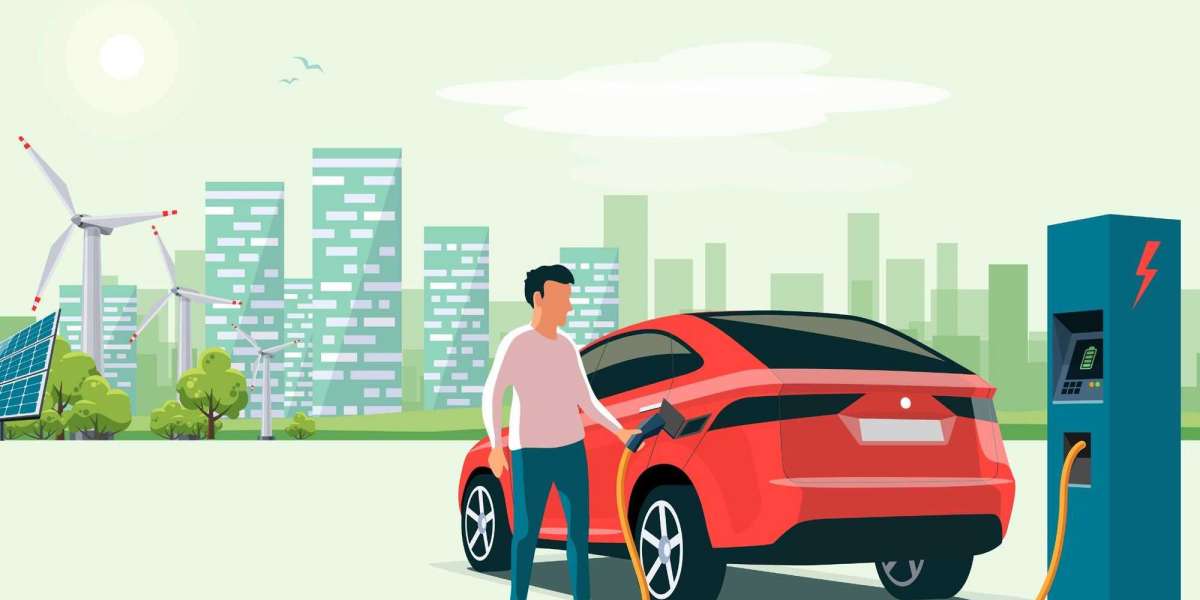As per a statement by PS Intelligence, since the mid-2010s, the electric vehicle industry has experienced remarkable development. The collaborative efforts of policymakers, society, and industry players have greatly contributed to the accelerated adoption of e-vehicles in the past few years.
By the end of 2019, the electric car fleet all over the world surpassed 7.2 million units, representing a growth of over 40% compared to the previous year. In 2019, the sales of electric vehicles all over the world were 2.1 million units.
However, the impact of COVID-19 on electric vehicle industry all over the world has been negative. The industry was expected to experience a decline of approximately 15% in 2020, resulting in falling sales of around 1.8 million units compared to the sales observed in 2019. This represents a significant drop of 43% compared to the pre-COVID forecast for 2020.
The global economy has encountered unprecedented uncertainties because of the COVID-19 pandemic. Measures aimed at preventing the spread of the virus, such as lockdowns and mobility restrictions, have resulted in a substantial decrease in vehicle sales across key automobile industries. The electric vehicle industry's gross value added (GVA) in terms of vehicle production was expected to decline by approximately 14-16% in 2020.
The impact of COVID-19 on electric vehicle industry in China, the largest industry in the world, has also been negative, the drop in electric car sales mirrored the overall decline in car sales. The sharpest decline occurred in February 2022, with electric car sales reducing to 16,000 units, representing a staggering 60% decrease compared to the same month in 2019.
However, there was a strong rebound in sales during April, reaching approximately 80% of the sales level observed in April 2019. In May, sales of plug-in cars were down by 32% compared to 2019. The Chinese electric vehicle industry was expected to witness an overall decline of 14% in 2020.
During the pandemic, e-vehicles pose a significant resource burden for original equipment manufacturers, rather than being a value-addition to their already stressed businesses. The decline in electric vehicle sales was unavoidable during the pandemic. Several factors that have negatively impacted the industry are consumer preference, crude prices, auto plant shutdown, delayed launch of new EV models, and delays in regulation and policies.
Whereas, numerous factors indicate a positive long-term outlook for the electric vehicle industry in the coming decade and beyond. The potential for self-perpetuating cost reductions in e-vehicle production is one such factor that will persist. This is driven by the expanding scale of battery manufacturing and advancements in battery technology. As a result, battery e-vehicles and plug-in hybrid e-vehicles will increasingly be able to compete with internal combustion engine vehicles, based on overall ownership cost.
The key players in the industry had taken up precautionary measures to ensure the safety and well-being of their employees and customers. These measures include restrictions on travel, social distancing within the dealerships, sanitized product delivery, and increased sanitization rate at factory premises and workstations.



